What is a VPN?
A VPN, or Virtual Private Network, is like a secret tunnel for your internet use. It hides your online activity and location from businesses, the government, and hackers by making your internet connection private.
This means even if you're on public Wi-Fi, like at a coffee shop, your information is safe from anyone trying to peek into your online life.
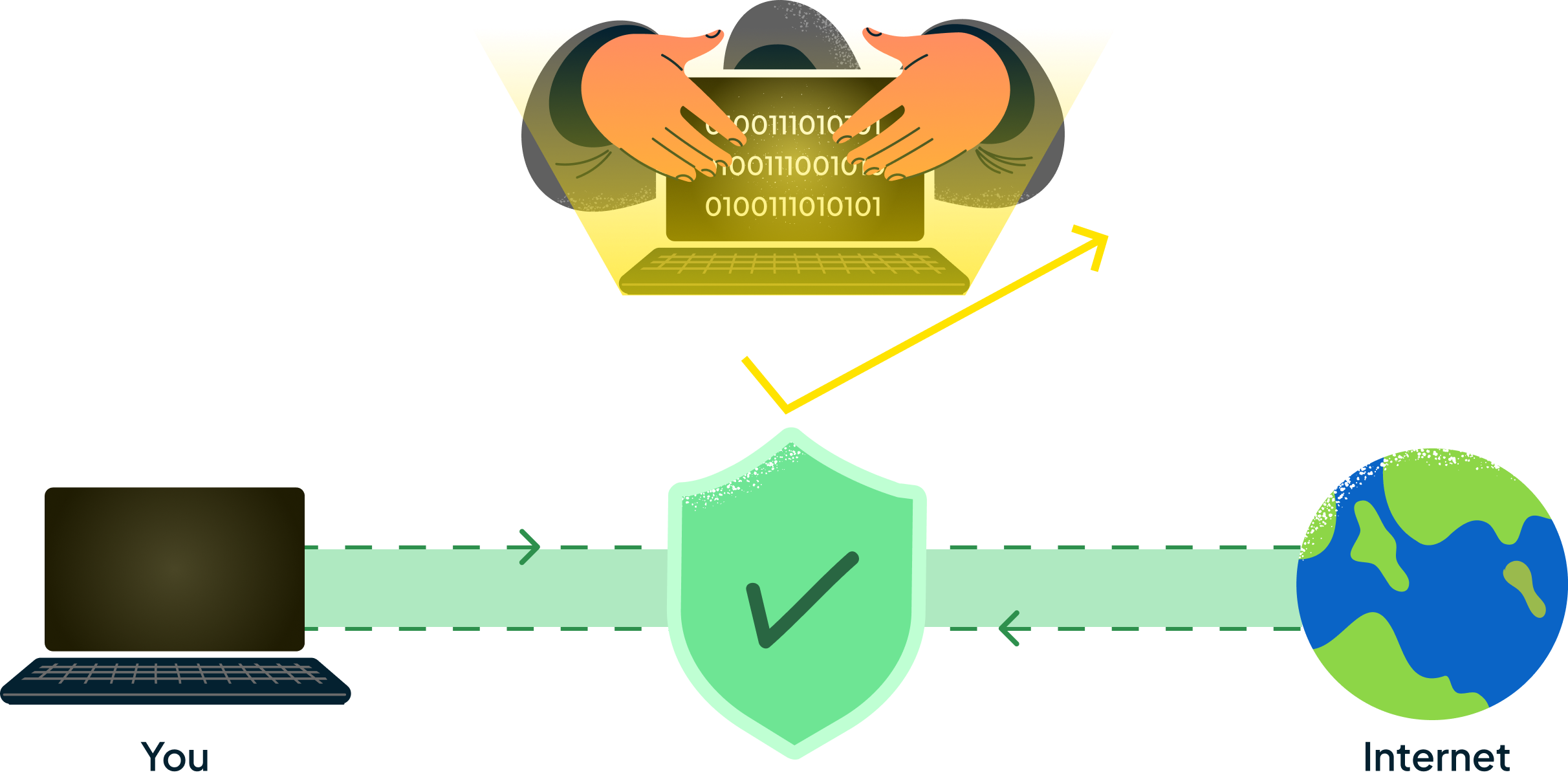
Why Should You Use a VPN?
Using a VPN can transform your online experience in several key ways, focusing on the benefits you gain:
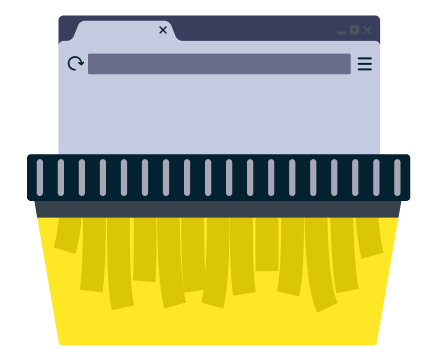
Bypass Censorship
Break through barriers that restrict access to certain apps or websites, giving you the freedom to explore the internet without limitations.

Maintain Privacy
Keep your online activities to yourself, ensuring that what you do online stays away from prying eyes, whether it's casual browsing or accessing sensitive information.
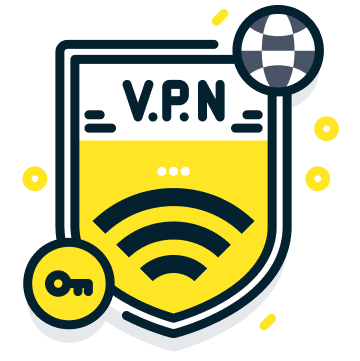
Safeguard Your Data
When you're on public Wi-Fi, a VPN acts as a protective shield, keeping your personal information secure from potential cyber threats and unauthorized access.
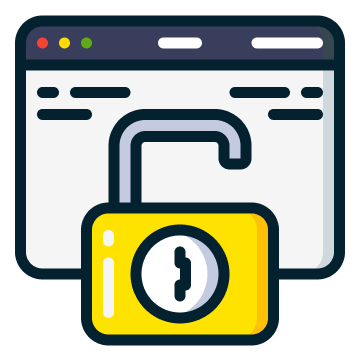
Access Restricted Content
Experience a truly open internet by overcoming restrictions placed by employers, schools, or governments, enabling access to a world of content without censorship.

Elevate Your Gaming
Access games and servers regardless of your location, removing geographical barriers for a seamless and unrestricted gaming experience.

Protect Your Location
Control your digital footprint by masking your actual location, enhancing your anonymity online and accessing content as if you were anywhere in the world.
How Does a VPN Work?
To understand how a VPN functions, it's helpful to know what happens to your internet connection when you're not using one.
Without a VPN
Imagine sending a postcard through the mail. Anyone handling it along the way could read your message. Similarly, without a VPN, your online activities are like an open book: cybercriminals could potentially intercept your personal information, and your Internet Service Provider (ISP) can monitor your online actions.
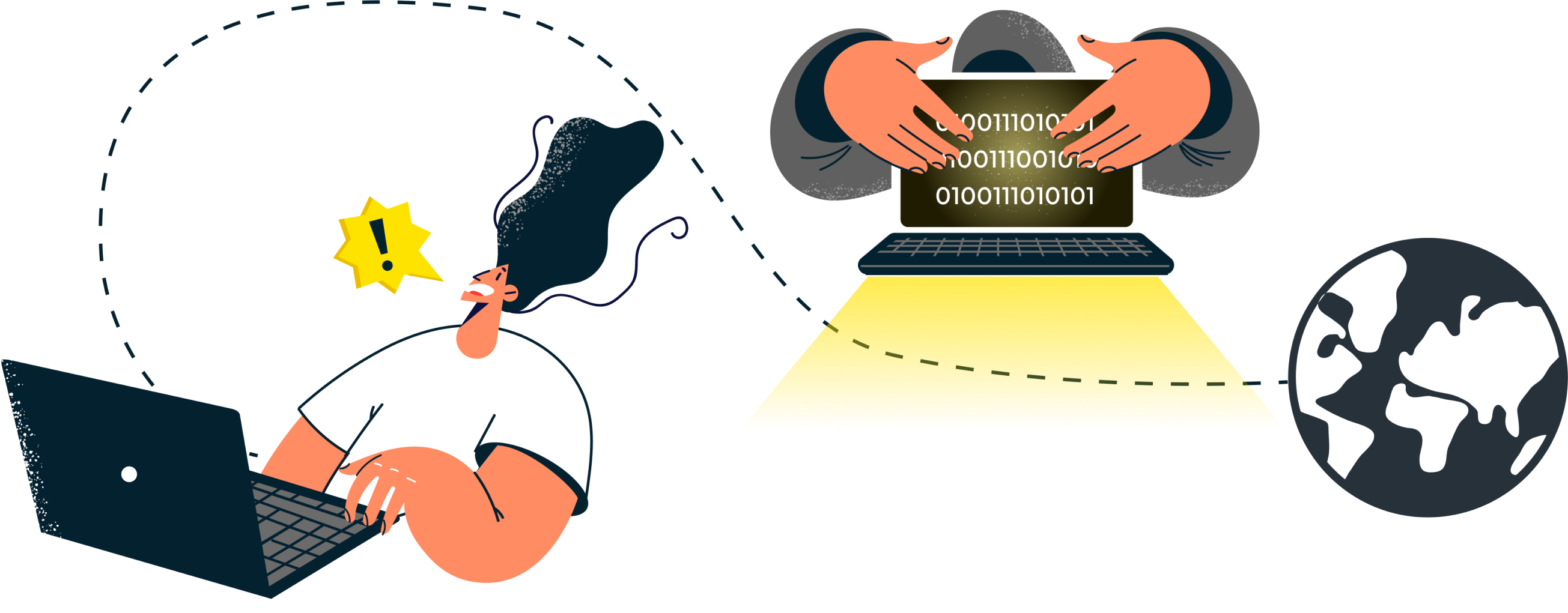
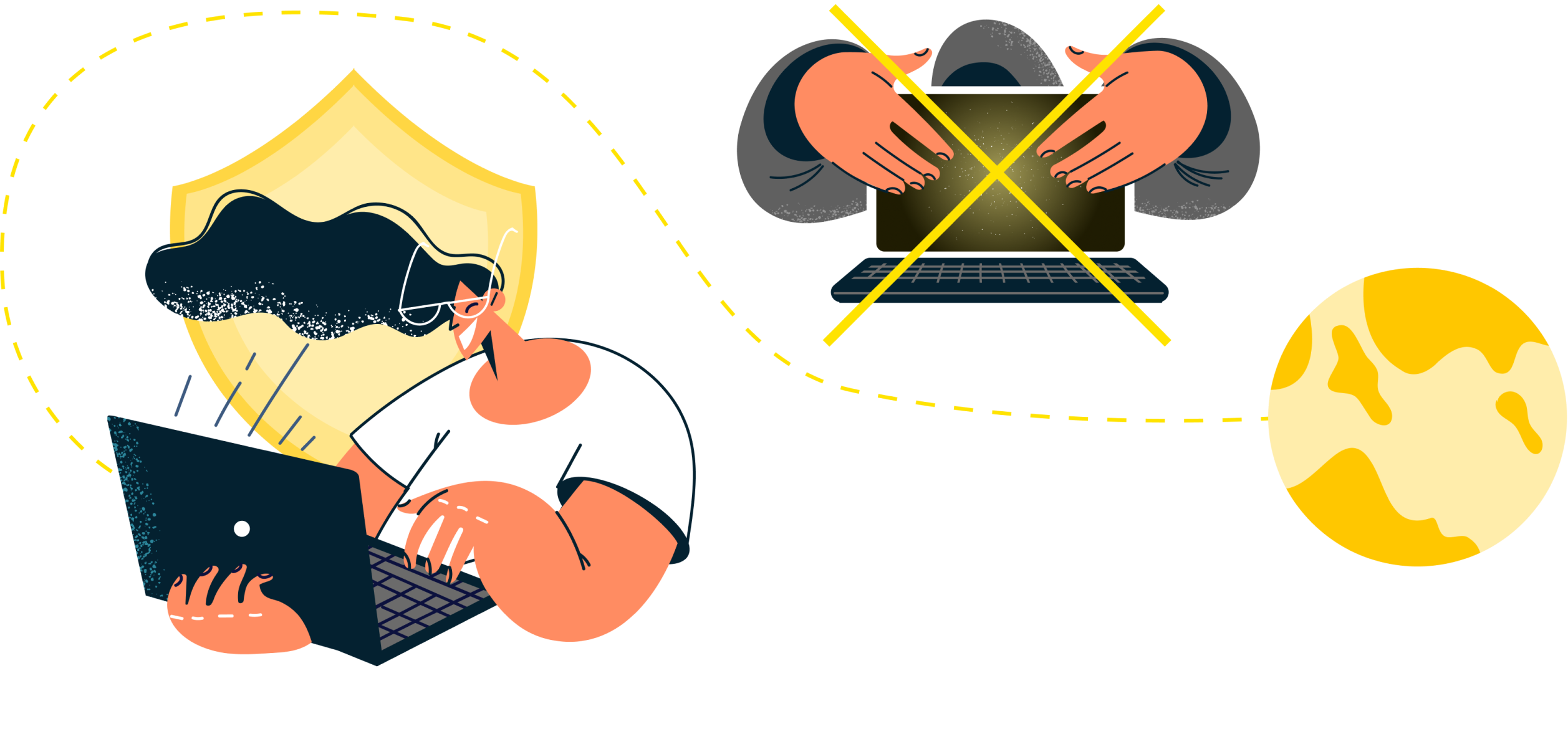
With a VPN
Now, picture sending your postcard in a locked safe for which only you and the recipient have the key. This is what a VPN does for your internet connection. When you use a VPN, such as SolarVPN, your online traffic is directed through secure servers. As it travels, your data is encrypted, essentially creating a private tunnel for it to pass through. This tunnel shields your sensitive information from prying eyes, ensuring that what you do online is for your eyes only.
Different Types of VPN
VPNs come in various types to cater to different needs, but they mainly fall into three categories:
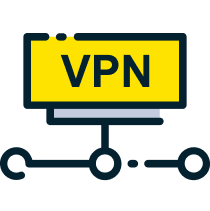
Site-to-Site VPN
This type is primarily used by large businesses and corporations. It allows various locations within the same organization to securely connect and access each other's networks over the internet.
Site-to-site VPNs are ideal for connecting multiple offices, enabling safe and efficient resource sharing across different branches.

Personal VPN
What most people use at home or on their personal devices falls under personal VPNs, like SolarVPN.
These services work similarly to remote-access VPNs but are geared towards private use. Instead of connecting to a specific corporate network, you connect to servers provided by your VPN service. This secures your internet connection and protects your privacy as you browse, shop, or stream online.
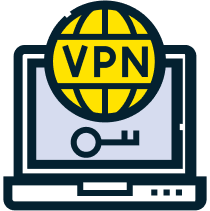
Remote Access VPN
Remote access VPNs are typically used for connecting to a network from a remote location. This is the type of VPN you'd use if you need to access your company's network while working from home or another location outside the office.
It allows employees to safely access internal company resources and data as if they were physically at the office, making remote work more secure and flexible.
VPN Protocols
VPN protocols are essentially the methods your device uses to connect to a VPN server. Each protocol has its own strengths—some prioritize speed, others focus on security, and a few are designed to perform better in specific network conditions. SolarVPN gives its users the choice between OpenVPN and NordLynx protocols within its apps, while also offering the option to manually configure IKEv2/IPSec.
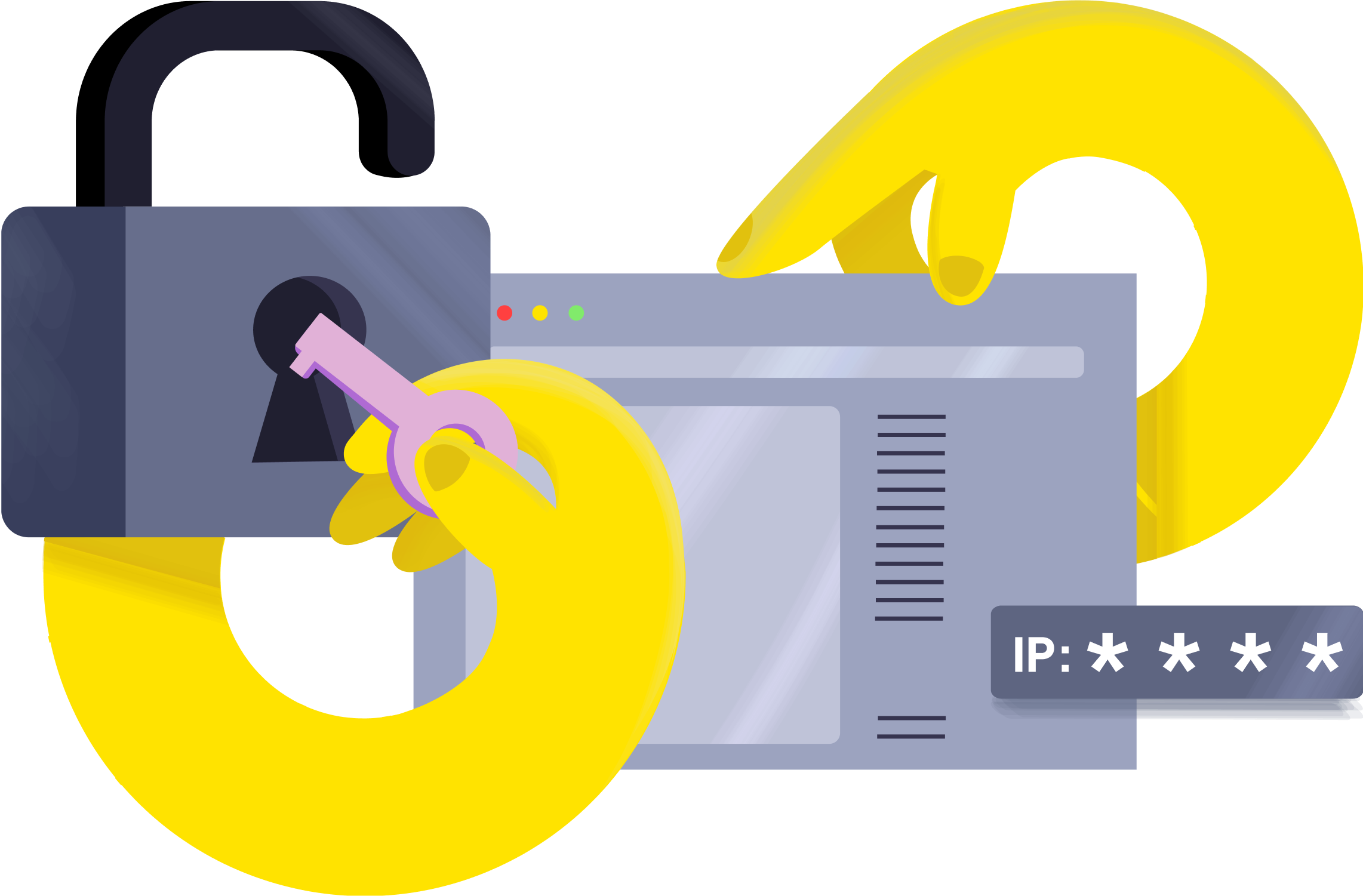
This open-source protocol is celebrated for its strong balance of speed and security. It's widely compatible, making it a solid choice for various devices and routers. Being open-source, its security has been extensively vetted by cybersecurity experts around the globe. Although OpenVPN is a reliable choice, it might not outperform IKEv2 and WireGuard in every aspect.
One of OpenVPN's key advantages is its high configurability. It supports both TCP and UDP ports, with TCP offering more stability and UDP providing faster connections. This flexibility makes OpenVPN a popular choice for activities that demand seamless performance, like online gaming and live streaming.
Frequently Asked Questions
Got questions? We've got answers. Check out our FAQs — your curiosity might just be covered here.
